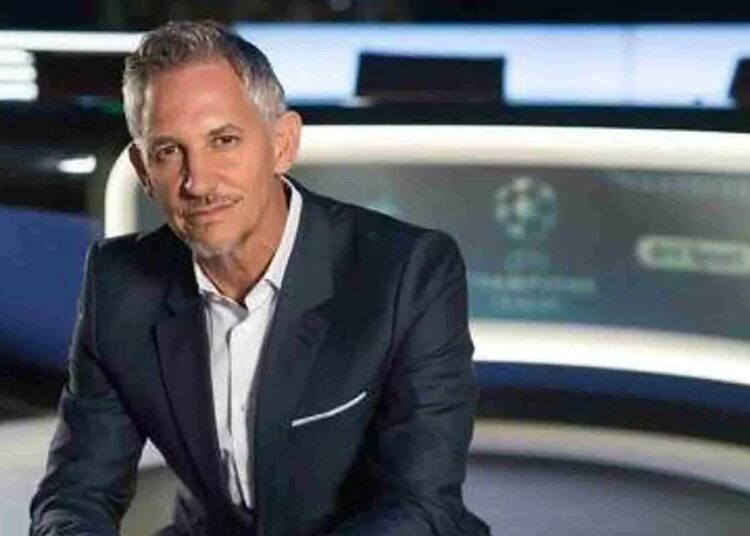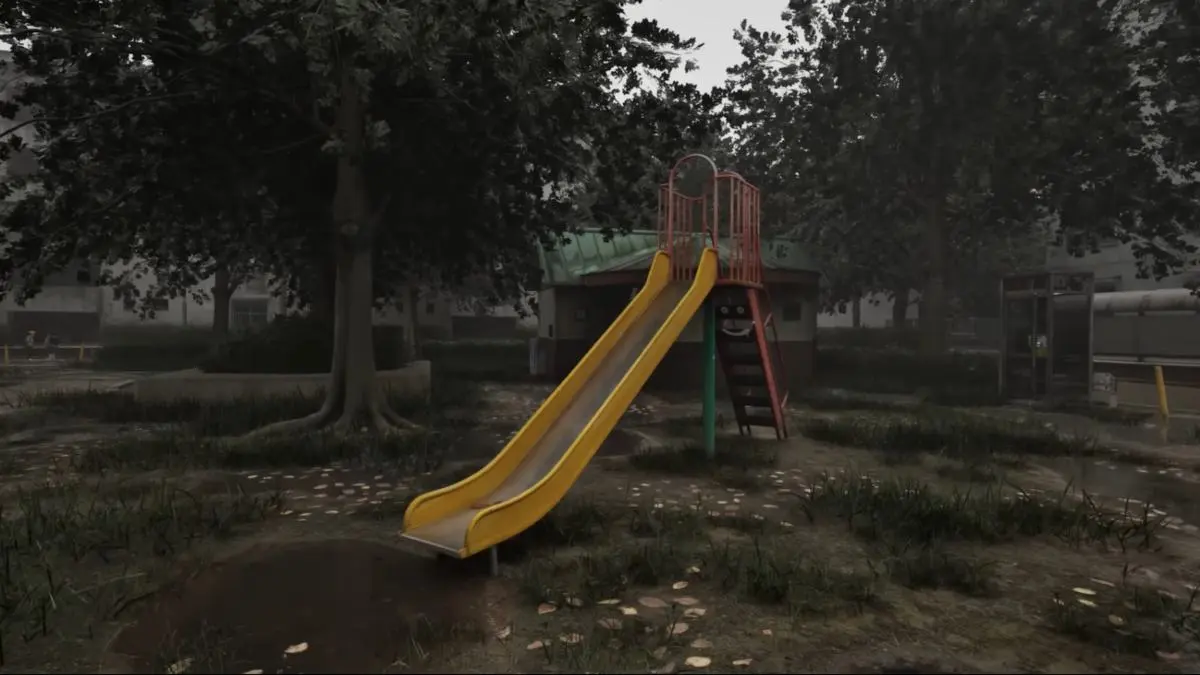The BBC faced an escalating crisis Saturday over its suspension of former soccer star and program host Gary Lineker for comments criticizing the British government’s new asylum policy.
As a growing number of players and presenters rallied to Lineker’s support, Britain’s national broadcaster faced allegations of political bias and suppressing free speech, as well as praise from some Conservative politicians.
Presenters of the BBC’s lunchtime “Football Focus” and early evening “Final Score” said they would not appear on the programs in solidarity with Lineker, who was suspended from hosting popular late-night highlights show “Match of the Day” over a Twitter post that compared lawmakers’ language about migrants to that used in Nazi Germany.
The BBC pulled “Football Focus” from its schedule on Saturday, replacing it with an episode of antiques show “Bargain Hunt.” One of the network’s radio stations, 5 Live, did not air one of its lunchtime shows after a presenter withdrew from hosting. It was replaced with pre-recorded content.
After a slew of Lineker’s colleagues announced they wouldn’t appear on the show without him, the BBC said “Match of the Day” would be aired Saturday without presenters or pundits.
There will not be any post-match player interviews, either. The Professional Footballers’ Association said some players wanted to boycott the show as a gesture of support, and as a result “players involved in today’s games will not be asked to participate in interviews with ‘Match of The Day.'”
The union said it was a “common sense solution” to avoid players facing sanctions for breaching their broadcast commitments.
Play-by-play commentators scheduled to work games on Saturday also said they would not do so.
“Match of the Day,” which is broadcast on Saturday nights and shows highlights of Premier League games played that day, has been a national institution since the 1960s. Lineker, its chief presenter since 1999, is the network’s highest-paid star, as well as one of English soccer’s most lauded players.
Lineker, whose club career included spells with Barcelona, Tottenham, Everton and Leicester, was the leading scorer at the 1986 World Cup and finished his international career with 48 goals in 80 matches for England.
The controversy began with a tweet on Tuesday from Lineker’s account – which has 8.7 million followers – describing the government’s plan to detain and deport migrants arriving by boat as “an immeasurably cruel policy directed at the most vulnerable people in language that is not dissimilar to that used by Germany in the 30s.”
The Conservative government called Lineker’s Nazi comparison offensive and unacceptable, and some lawmakers said he should be fired.
On Friday, the BBC said the 62-year-old Lineker would “step back” from “Match of the Day” until “we’ve got an agreed and clear position on his use of social media.” Lineker has yet to comment publicly.
The 100-year-old BBC, which is funded by a license fee paid by all households with a television, has a duty to be impartial in its news coverage, and BBC news staff are barred from expressing political opinions.
Lineker, as a freelancer who doesn’t work in news or current affairs, isn’t bound by the same rules, and has sometimes pushed the boundaries of what the BBC considers acceptable. Last year, the BBC found Lineker had breached impartiality rules with a tweet about the Conservatives’ alleged Russian donations.
BBC neutrality has come under recent scrutiny over revelations that its chairman, Richard Sharp – a Conservative Party donor – helped arrange a loan for then Prime Minister Boris Johnson in 2021, weeks before Sharp was appointed to the BBC post on the government’s recommendation.
Former BBC Director General Greg Dyke said the network had “undermined its own credibility” by appearing to bow to government pressure.
“The perception out there is going to be that Gary Lineker, a much-loved television presenter, was taken off air after government pressure on a particular issue,” Dyke told BBC radio.
Keir Starmer, leader of the main opposition Labour Party, said the BBC was “caving in” to political pressure from Conservative lawmakers.
“They got this one badly wrong and now they’re very, very exposed,” he said.
Read the full article here


























